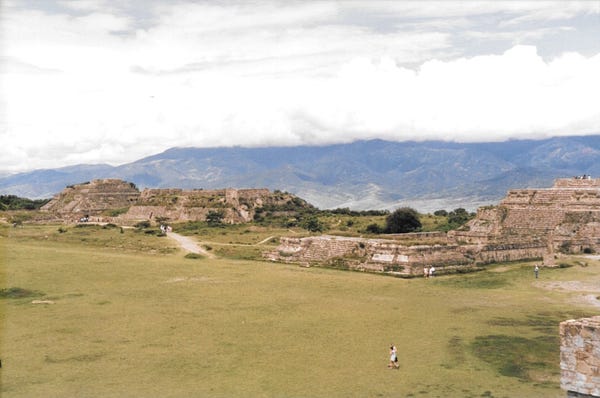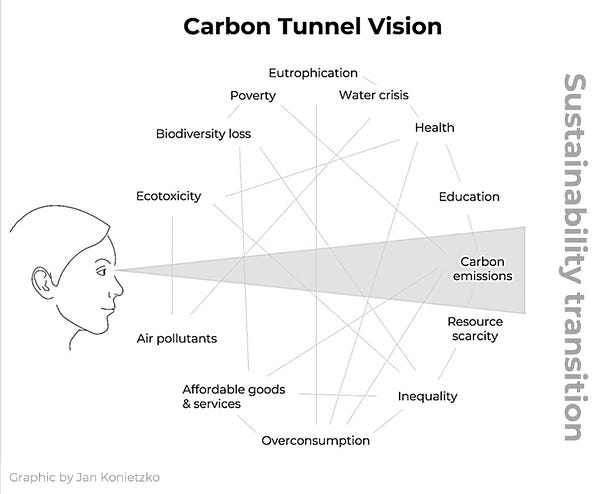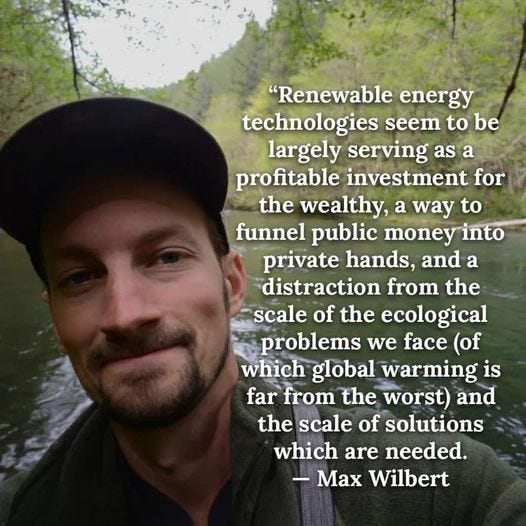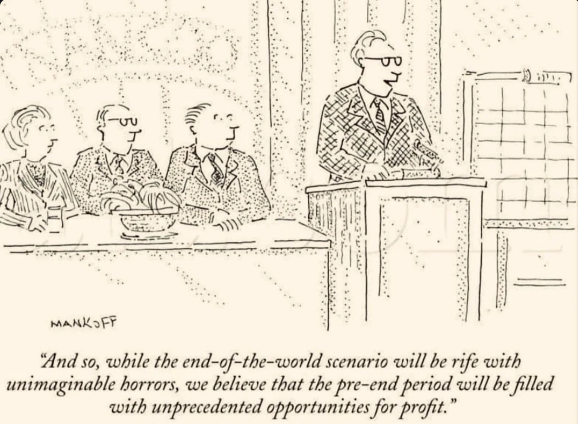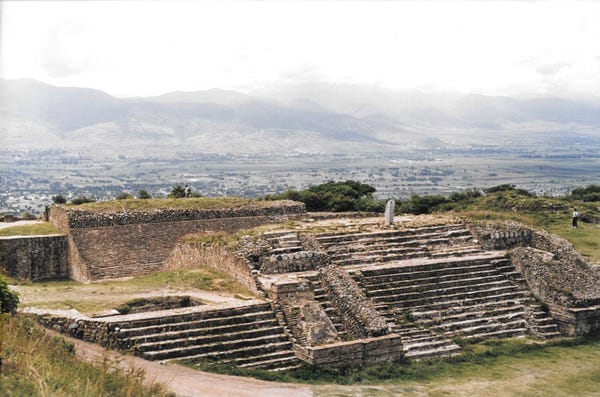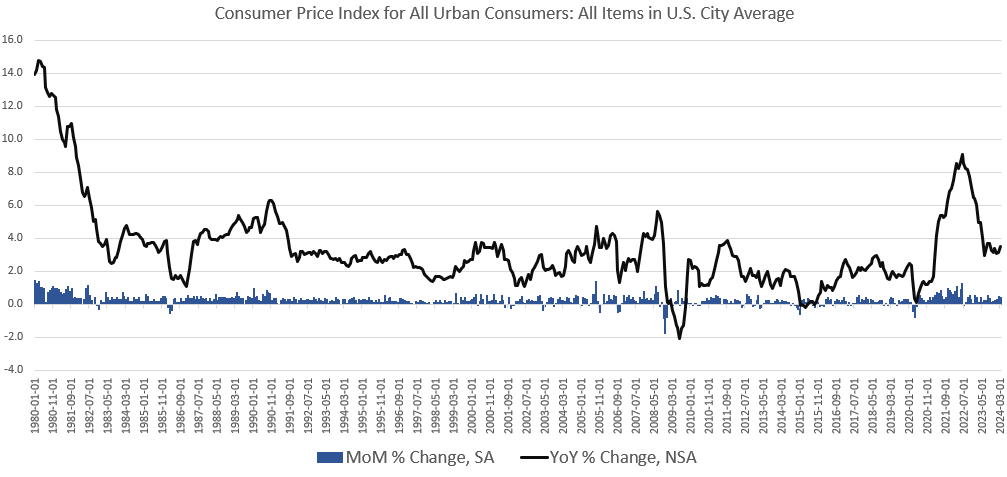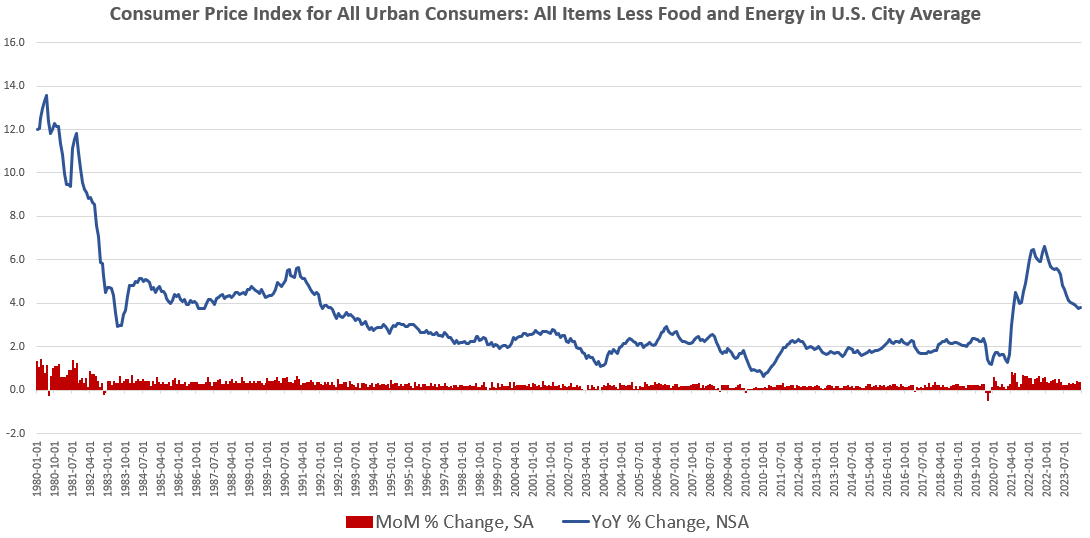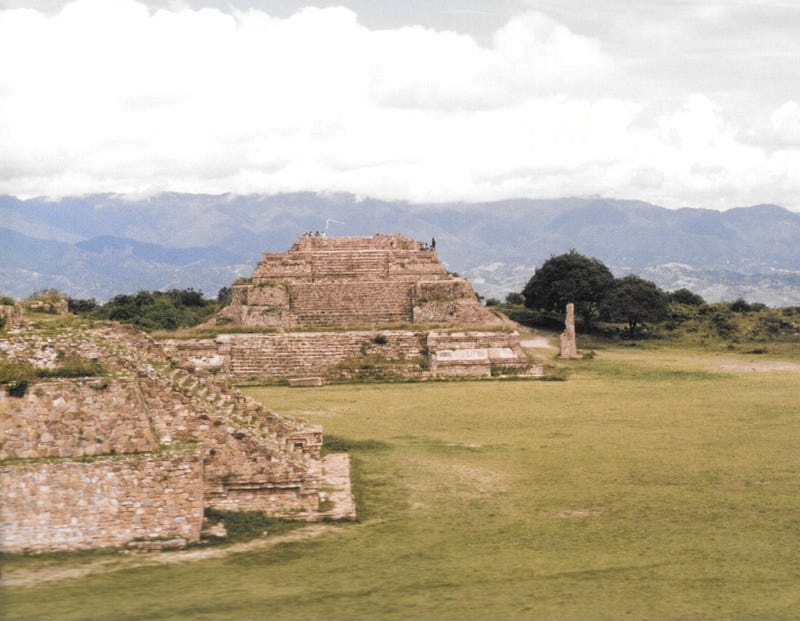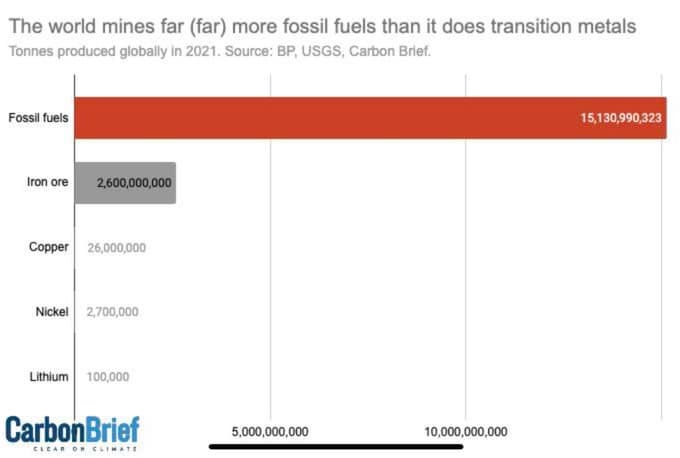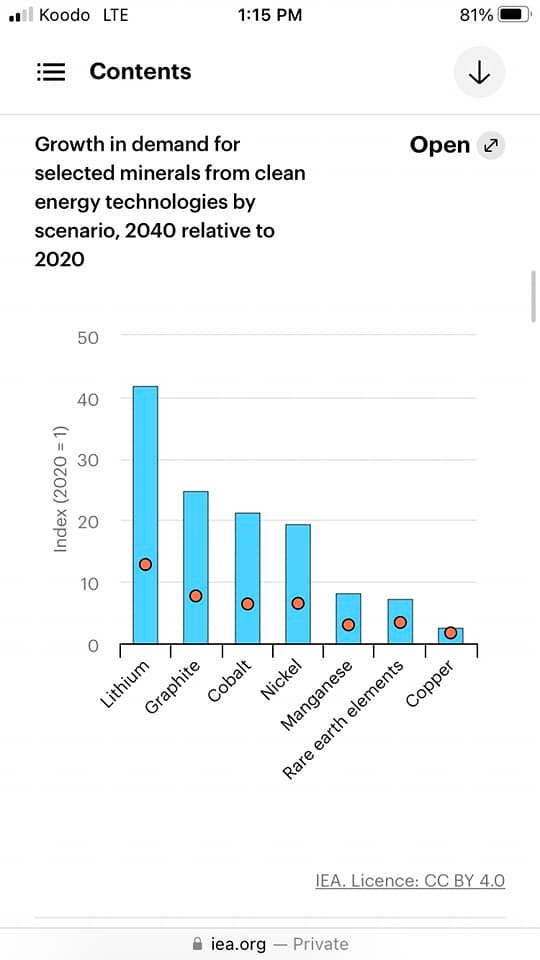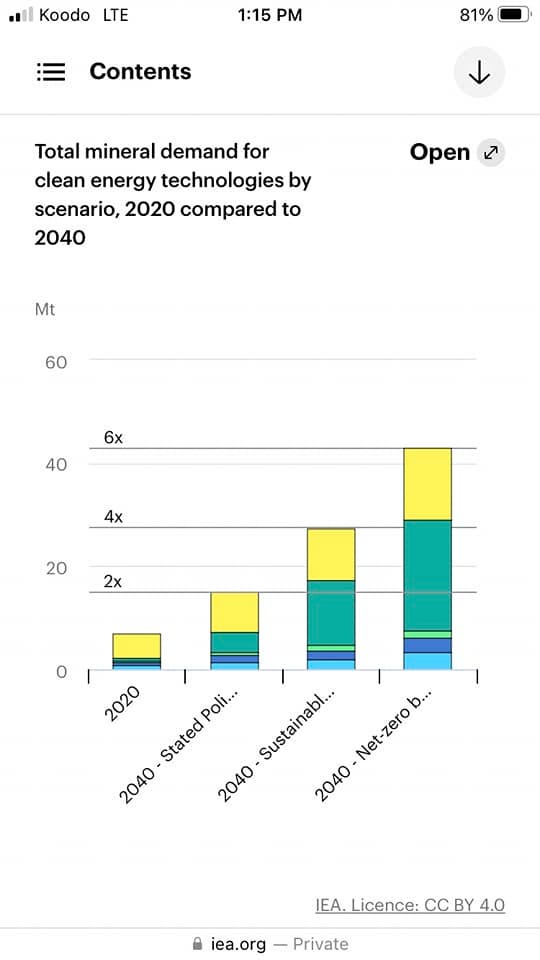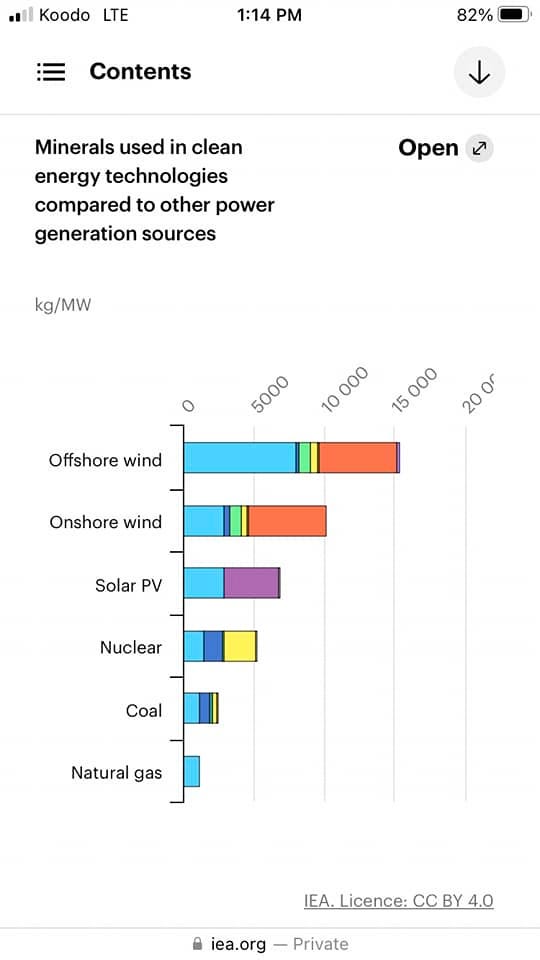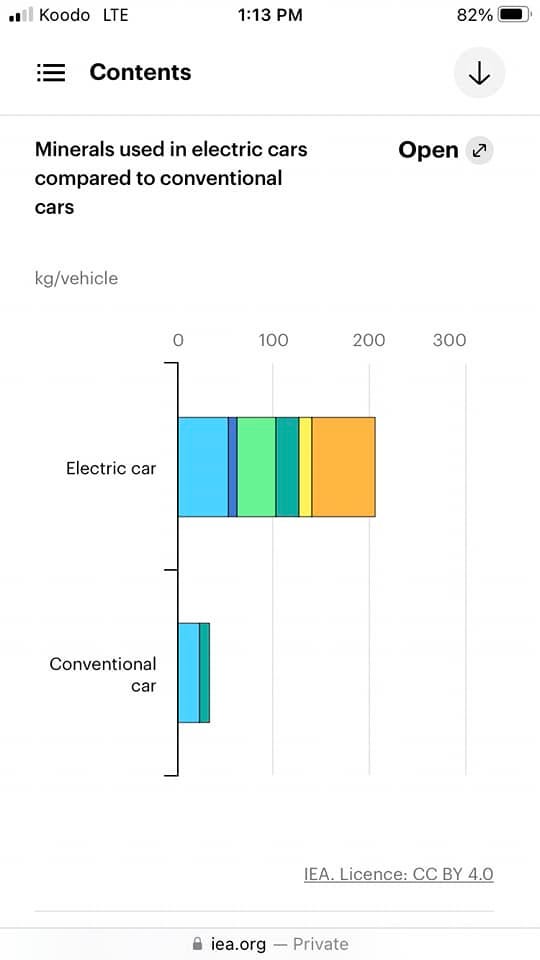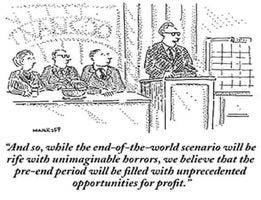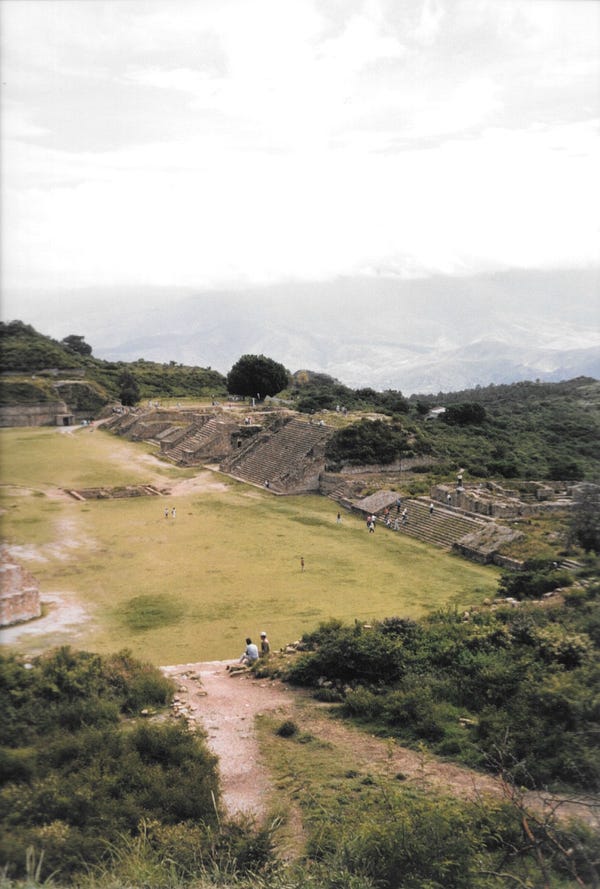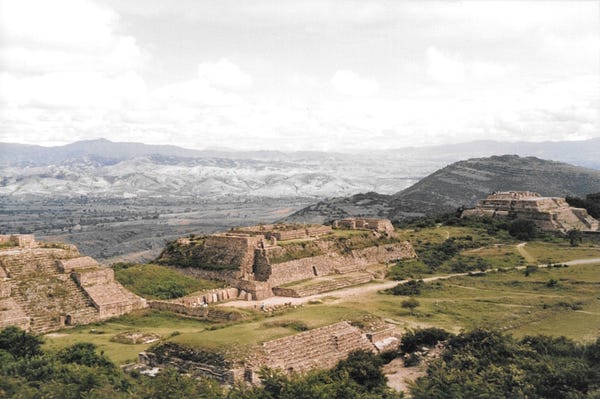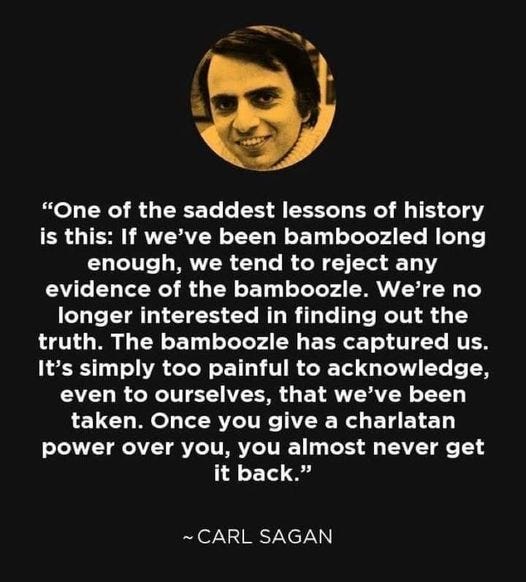All of the activities to sustain a society require resources, primarily energy but also material ones whose retrieval and processing require energy of some nature. Any non-renewable resource, but also limited renewable ones, must be acquired to not only maintain human life (i.e., procurement of potable water, food production, regional shelter needs) but to support any and all activities — be they physical- or service-based.
The various production and resource-allocation/distribution systems are what constitute an economic system[1]. While there are differing opinions about the number and variety of economic systems, the common thread tends to be that it is a means of distributing goods/services to the members of a group/society.
Economic anthropology[2] for the most part is the study of the mechanism of exchange within a human society, be it a more ‘simple’ band or ‘complex’ state.
In less complex societies where little to no division of labour or occupational differentiation exists and production surpluses are minimal to non-existent, economic activities tend to take place within a framework of reciprocal exchange[3]. I will provide you with some of my current surplus knowing that at some point in the future you will reciprocate this behaviour. Relationships in such groups are primarily impacted by kinship ties and a sense of reciprocal obligation, and not economic ones as occurs in larger, more complex societies.
A complex society[4] tends to have a more complicated/multi-layered economic system, the basis of which is a financial/monetary system[5] that likely came into existence as a population exceeded Dunbar’s number[6] and as a means of helping to track the increasing number of reciprocal obligations that arose[7]. The ruling caste of a society tends to control the monetary/financial systems and evidence strongly suggests that they manipulate them, as they tend to with everything they touch, to their advantage in order to meet their primary goal: the control/expansion of the wealth-generation/-extraction systems that provide their revenue streams and thus positions of power and prestige.
While there is much written about the shift from a system of reciprocity-based[8] exchange to one of credit-/debt-based fiat currency[9], it is without doubt that the implementation of a fiat money system opened the door to the possibility of significant manipulation by those who control it [10]. I say significant because even with a commodity-based currency (e.g., precious metals), manipulation (i.e., debasement, rehypothecation) has been common[11].
Joseph Tainter’s thesis in The Collapse of Complex Societies[12] is basically based upon economics. He posits that as a problem-solving organisation, a society endeavours to solve the problems that arise in the course of meeting needs. These problems are addressed via organisational adaptations but also very much through material acquisition and redistribution. This is accomplished in the most economically-efficient way by accessing the easiest- and cheapest-to-retrieve resources first and foremost. This provides the highest energy-return-on-energy-invested[13].
Eventually, however, as a society’s demands/requirements increase due to growth and increasing complexity, the harder- and more-expensive-to-retrieve resources must be pursued. This results in diminishing returns[14] on the energy/resource investments made and the surpluses that existed during the early days are whittled away until eventually a society encounters a point where more and more people opt out of supporting the various systems as they are having to invest greater and greater amounts of personal energy/resources but getting back fewer and fewer benefits.
Diminishing returns eat into surpluses in order to maintain/expand complexities. With falling surpluses, there is less room for a government elite to fund their various projects, be they military expansion and/or legitimisation activities to assert domestic control — to say little of the wealth directed towards maintaining the elite’s living standards. One of the approaches by the ruling caste to offset the negative consequences of diminishing returns and deterioration of societal surpluses is through a manipulation of the economic system. Perhaps the primary means of such manipulation is to debase the currency with the intent to make it ‘go further’ and ensure the elite maintain/expand their portion of a shrinking pie. If this is done at a relatively slow pace, very few if any of the populace take note of the impacts — but they are there nonetheless.
One of the best documented and analysed instances of such manipulation has been during the history of the Roman Empire, where debasement of the Roman currency over time has been observed. This manipulation had many negative societal impacts and was one of the many contributing factors leading to the empire’s eventual collapse according to a number of analysts/historians[15].
Of course, such ‘money creation/printing’ invariably results in price inflation — and many times to hyperinflation — as more currency is chasing the same or more slowly expanding amount of goods/services[16]. This price inflation/currency debasement has a more deleterious impact upon the masses than it does those closest to the monetary creation/distribution system. In particular, consider the Cantillon Effect[17] where the ruling caste/insiders who first have access to the ‘newly-minted currency’ can use it prior to inflationary impacts[18]. But is also benefits the state in other ways, particularly the ability to ‘hide’ taxes within it[19] and allowing debtors (government being amongst if not the largest) to pay off debts more easily[20].
There have been a number of examples of more recent currency debasements, some hidden (i.e., coordinated efforts by numerous central banks to debase their currencies in unison[21]) and some quite obvious[22]. For the current world’s primary reserve currency (the U.S. dollar), there has been the gold confiscation during Franklin Roosevelt’s presidency[23], President Richard Nixon’s abrogation of the Bretton Woods Agreement[24], and, most recently, the phenomenon referred to as Quantitative Easing[25].
It’s not simply an exponential increase in the physical stock of ‘money’ that contributes to currency debasement and it negative impacts since government-minted currency makes up only a small fraction of the money creation, but it is the ever-expanding supply of credit-/debt-instruments. With the shift to a purely fiat currency free from any limitations to infinite expansion, the degree of manipulation possible is, well, limitless…except for one rather important impediment: physical resource finiteness.
So, as we circle back to the implications for our fundamental resource, energy, one must consider the observation that money/currency is when all is said and done a potential claim upon energy (even other resources require energy to be accessed and distributed). And, as energy analyst Art Berman notes in the tweet below, all the debt that we have created (currently several quadrillion at this juncture in time) is a “lien on future energy”.
And the conundrum we face as resource extraction and processing encounter diminishing returns — and the elite attempt to counter this with ever-increasing credit/debt instruments — is perhaps best captured by the late Michael Ruppert’s simple statement in the documentary Collapse: “Infinite money growth collides with finite energy.”
With an significant exponentially-increasing amount of claims upon finite resources we seem to be left with the options of attempting to pursue perpetual growth to meet these claims, a debt jubilee or reset of the systems, or monetary/financial/economic collapse. Any or all of these choices are likely to be attempted to some degree or another; in fact, some argue this is already and has been happening.
Basically our economic system has become a gargantuan and complex Ponzi scheme[26] established by our ruling elite and upon which are all involved and dependent upon.
As I commented on a Nate Hagens video post: Our economy is for all intents and purposes a gargantuan, complex Ponzi scheme that we are all a part of and dependent upon to a great if not complete extent. We all (for the most part) wish it to continue, including the ruling caste for their power and prestige comes from sitting atop the pyramid. Given our cognitive abilities and biases, we are adept at all sorts of denial and bargaining to see it otherwise, and/or to craft comforting narratives as to how it can be transitioned to something sustainable and equitable. But, as with all such complex systems — especially one dependent upon perpetual growth upon a finite planet — it is fragile and will, given enough time, eventually collapse. There is no other path at this particular point given how far into ecological overshoot we are. When, however, is the unanswerable question. Human complex societies can go on for a long time before it recognises that things have changed significantly enough to be considered ‘collapsed’…
Given gdp’s (a proxy for economic ‘growth’ and thus living standards — not a perfect proxy, of course, given the perpetual changes in calculation and increasing financialization of the economy) almost perfect correlation with energy production[27], and that our future is certainly going to be one of declining energy resources, there should be little doubt that falling living standards is before us — particularly for those in so-called ‘advanced’ economies.
Our ‘advanced’ economies have a long way to fall to reach the level of many emerging ones and it is likely that we will continue to see energy/resources ‘stolen’ from the periphery to support the core — perhaps allowing time for the core to mitigate their decline somewhat, or perhaps as a means to sustain the core for a short time more before a sudden, Seneca-style fall appears as a Black Swan event. Only time will tell…
Please note, I have done my best to wrap my head around and understand this topic/issue. This has been one of the more difficult subjects to write about with any sense of confidence (and I am certain I have misunderstood/misinterpreted a number of things). I am neither schooled in nor worked within the economic realm. Despite this paucity of ‘training’, I do believe the warning of Henry Ford when he paraphrased U.S. Congressman Charles Binderup that “It is perhaps well enough that the people of the nation do not know or understand our banking and monetary system, for if they did I believe there would be a revolution before tomorrow morning”.
Perhaps it has been purposely designed to be excessively complex and incomprehensible, or this labyrinthian structure is simply the epiphenomenon of the ongoing attempts to ‘solve’ societal issues as they arise over time; and then become leveraged by some (many? most? in leadership positions) to take advantage of loopholes that are in turn addressed through changes and legislation, that leads to further complexity and the cycle continues with the original purpose/solution becoming ever more complex and serpentine… Suffice it to say, the system(s) are increasingly becoming more convoluted and fragile as a result with nonlinear feedback loops and emergent phenomena arising leading to increasing risk since these can neither be predicted nor controlled — only reacted to after the fact.
My growing sense is that if some unforeseen Black Swan event or geopolitical ‘accident’ doesn’t bring on a rapid decline in social complexity, then it will likely be a ‘mistake’ in the economic realm as it tends to impact significantly the various subsystems of trade, transportation, communication, etc. that the global, industrialised world depends upon for everything from potable water procurement to regional shelter need construction to food production and distribution, and everything in between.


